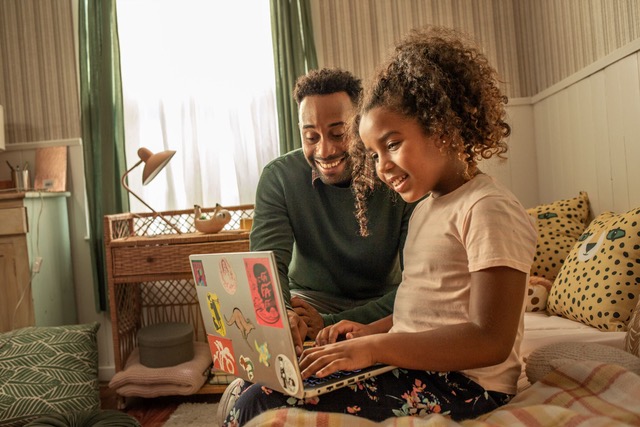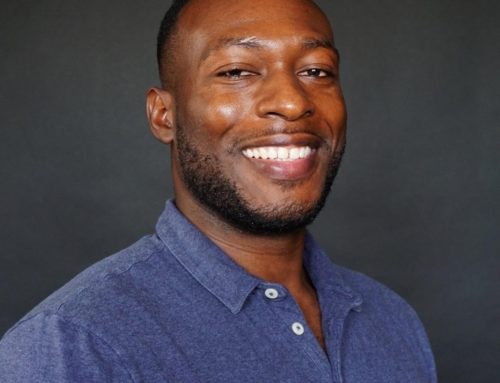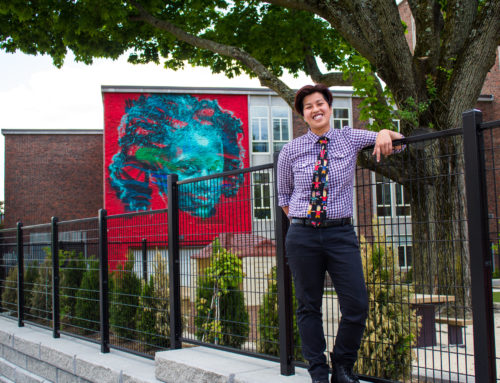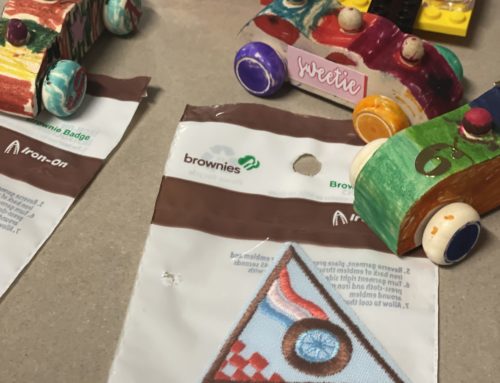For many students, school has been virtual in some way for at least a portion of the past year. Students log onto Zoom, or another video platform, and connect with their professors from the comfort of their homes, or potentially somewhere else.
But for TEC Connections Academy (TECCA) students, this reality isn’t just temporary.
TECCA is the largest online K-12 school in Massachusetts, drawing students from across the Commonwealth, including Worcester County. The Academy, which was formed seven years ago, is a tuition-free online environment that offers a safe and social learning environment for students to direct their own learning journeys.
“We have an opportunity for students to meet the need a brick and mortar school doesn’t meet,” Superintendent Patrick Lattuca said. “We have a flexible environment where students can basically ‘do school’ that fits their needs.”
With a diverse student body population, Lattuca said that students who come to TECCA are from all walks of life. Some have medical concerns and joined TECCA because of the pandemic or even before COVID-19 was a reality.
“There are students who are going through medical treatments, and they want to have some sense of normality in their life,” Laccuta said. “We had a student going down the Mass Pike on her way to treatment in a live lesson because her car was a hot spot, and loving it…It’s almost like each student that comes to TECCA has a unique story to a degree.”
Others have social, emotional anxiety and other concerns, which would create a harder in person learning experience for them. Some students are aspiring professional athletes, entrepreneurs, or actors, and TECCA’s format allows for them to pursue their goals while also gaining an education.
“You name it, we cater to the needs of any student,” Lattuca said. “The unique aspect of TECCA is that our schooling experience mixes both synchronous and asynchronous activities.”
Students who enroll in TECCA enjoy a collaborative community with both their fellow students and their educators. The synchronous classes allow students to engage with their peers and instructors. The asynchronous component provides the students with a learning coach.
“Our staff are always available to be connected with the students,” Lattuca said. “We fit a need that the brick and mortar world doesn’t fit.”
Teachers still focus on their students’ academic accomplishments and overall well-being. They also work closely with families to tailor curriculums and explore specific interests and needs.
“I can really invest time individually into kids in a way I wasn’t able to do in a brick and mortar setting,” said Britton Warner, a history teacher. “It allows me to really be able to make those connections that I haven’t in the past.”
Warner had taught in a brick and mortar school for eight years. He said that in the physical classroom, teachers have to be in charge of multiple students at once, while also attending to the needs of the classroom and anything else pertinent during the day. Virtually, he is able to focus on specific students more. Communication, for Warner, is what makes virtual education viable.
“I also really enjoy the in person contact that we’re able to have in our school,” Warner said. “I have a history club and we were the first club in TECCA that did an overnight, out-of-state trip.”
While TECCA is virtual, the school offers trips and other voluntary activities in person. Warner’s trip was to Washington, D.C. Other events like prom and moving-up ceremonies have also been in person, prior to the pandemic. Graduation has been at Mechanics Hall in Worcester for four years pre-pandemic.
“It’s nice to be in the same physical space. It’s wonderful to be virtual because you can be with people as we are right now,” Laccuta said. “But it’s also nice to be in the same physical space and celebrate different accomplishments and events together.”
Laccuta also mentioned that students wouldn’t receive the same experience from places like the Boston Museum of Science without being there in person.
“To actually go there and interact with the Boston Museum of Science is a little bit different,” Laccuta said. “It’s a balance of opportunities and activities for our faculty and staff, parents and students.”
TECCA has grown steadily over the years from about 240 students originally to now nearly 2,700. Every county in Massachusetts is represented by the school. In the previous year, eight students from Worcester — Bayan Tuffaha, Kevin Tynan, Uchenna Uzoma, Ashley Wallace, Logan Warin, Samuel White, Alexandria Williams, and Nicholas Witsch — graduated among the other 250 seniors.
Laccuta said that the resources that TECCA is able to provide for students virtually has oftentimes been better than what typical brick and mortar schools have been able to accomplish over the past year and a half in a virtual setting.
“There’s a big discrepancy between education last year in terms of how they did it between the districts,” Laccuta said. “Some districts did it completely asynchronously. Some districts did it synchronously. Different people had different experiences of what it means to be virtual. People who had a positive experience…they liked it.”
Laccuta said that some students who did not do well in person started to excel virtually. Though, Lattuca said that he does not believe that virtual learning is the new norm for everyone.
“Our interest has jumped because of the pandemic,” Lattuca said. “It’s not a one size fits all. I think that TECCA definitely works well for a huge population of students that chose to do their schooling with us…I don’t think it’s the future but I do think it should be an option for students.”
Families interested in TECCA are encouraged to attend an online information session at https://www.connectionsacademy.com/massachusetts-virtual-school/learn-more/events. For more information, call 800-382-6010 or visit TECConnectionsAcademy.com.






Leave A Comment